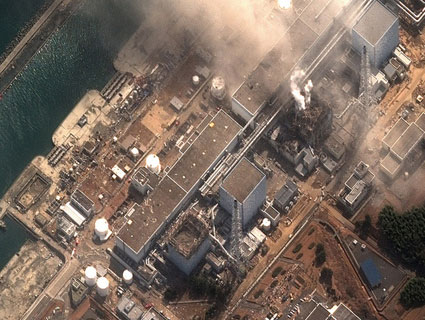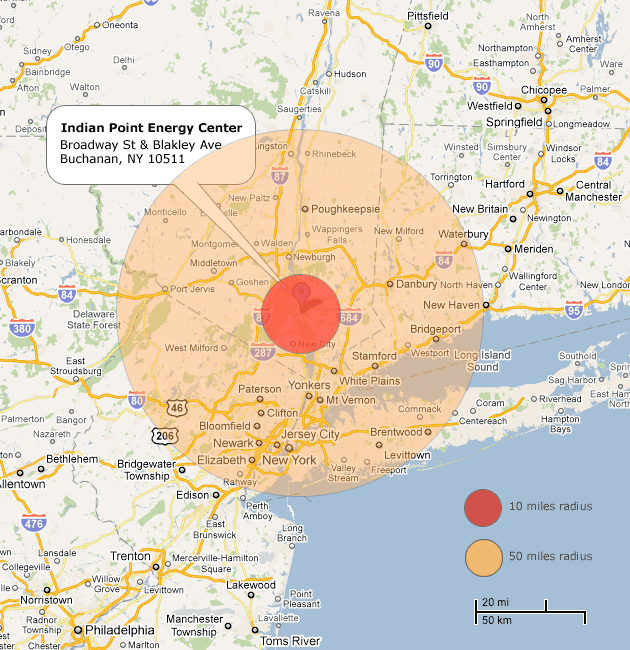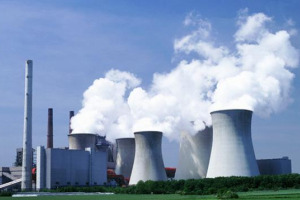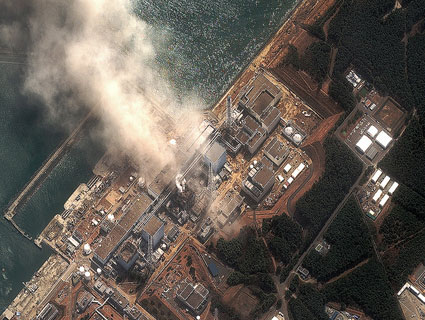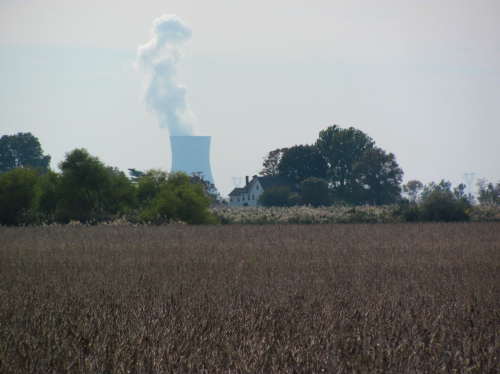
Photo by Kate Sheppard
It’s probably not too surprising, given the constant attention it’s been getting in the press recently, but the Japanese nuclear crisis has turned more Americans off to nuclear power. Two new polls released Tuesday found that 58 percent of those polled said they are now less supportive of expanding nuclear power here in the US.
The poll, conducted by ORC International on behalf of the Civil Society Institute (CSI), found that two-thirds of respondents said they would protest the construction of a new nuclear reactor within 50 miles of their homes. Fifty-three percent said they support “a moratorium on new nuclear reactor construction in the United States” and would prefer energy efficiency and renewables. (It’s worth noting, though, that among those that already supported of nuclear power, 24 percent now said they are actually more supportive now.) The Pew Research Center for the People and the Press also released a new poll on Tuesday that found nuclear support had taken a nose-dive.
As for funding these new nuclear plants, 73 percent in the CSI poll said they don’t think taxpayers should “take on the risk for the construction of new nuclear power reactors” with federal loan guarantees. The Obama administration has made expanding the loan guarantees a major part of its energy agenda, but there have been plenty of concerns about forcing taxpayers to foot the bill if something goes wrong.
When Gallup last polled Americans on nuclear power in 2009, it found support at a new high—59 percent of the public favored it. It had been years since a nuclear accident was all over the news. But as I noted last week, the last major nuclear power accident in the US was enough to turn Americans off from it for a generation. I ventured then that this latest situation in Japan may have a similar effect. Given that the latest polls were conducted in the aftermath of a nuclear disaster, it’s unclear what their conclusions mean for the future of nuclear power. What will be interesting is the longer-term influence on public opinion once Japan’s nuclear emergency fades from the news.
